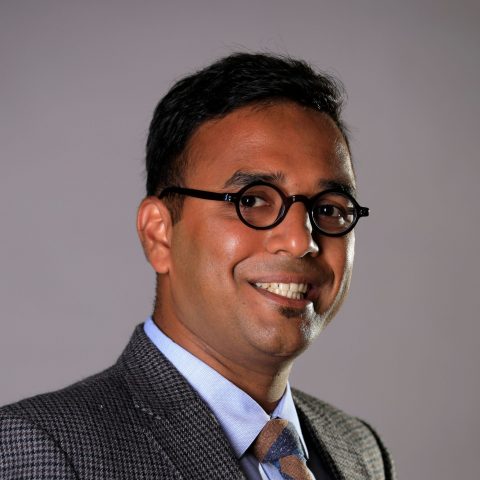Needless to say, the meeting was a smashing success and it has left me with endless thoughts to ponder over.
I have spent much of my life engaging in science. As a result, I have been surrounded by like-minded individuals and have often witnessed scientists (including myself) complaining about the lack of ‘rationale’ behind policy actions. Furthermore, I think there is a generally accepted sentiment amongst the scientific community about the need for the public, and more so policymakers and politicians, to be ‘scientifically literate’. However, as a consequence of the scientific community’s relative insularity, we scientists also tend not to consider the inherent complexities of society.
In the modern age, which values hyperspecialization, this meeting offered a rare opportunity for early career scientists to confront questions of society and leadership through the lenses of policy, ethics, and companionship. To demonstrate this, let us walk through the day we spent at the Blavatnik School of Government. A role-play workshop organized by Calum Miller, Prof Ngaire Woods, and others, exposed me to the intricacies of the uncertain situations policymakers are confronted with, combined with the limited time at their disposal. This workshop allowed me to appreciate the subtleties of decision-making, and that there is almost never a ‘right’ answer in real-world policy decisions.
We scientists must go beyond our comfort zone to get ourselves some fundamental training in policy systems that are ill-defined with countless, often interconnected, variables and sources of noise. Perhaps we should strive to develop an appreciation and (as Dr. Karl Barber, another inaugural Fellow, rightly put it) ‘sympathy’ for the inherent ambiguity of life and the art of taking decisions in the face of it.
The session at the Blavatnik School of Government is one of the many examples that illustrate the impact of our two-week meeting in introducing us to aspects of leadership and decision-making that we do not normally experience early on in our scientific career.
An equally critical aspect of this meeting was that it allowed Fellows from diverse scientific and cultural backgrounds to spend time with each other and discuss ideas in an intimate setting. More importantly, this allowed us organically to develop deeper bonds, which manifested as surprise birthday parties and late-night chats after long days.
Finally, I had a few star-stuck moments as well — having the opportunity to talk to and dine with inspiring scientists including Prof Sir Martin Rees and Prof Sir Roger Penrose has left me with memories that I will cherish forever. Together, I am fortunate to be a part of this fellowship, and I look forward to seeing how my career and life unfolds over the course of the fellowship year and for years to come.
Read and watch more on the 2018 Oxford Global Meeting from the Schmidt Science Fellows.
 When the 2018 Schmidt Science Fellows came together in Oxford in summer 2018, Dr. Yogesh Goyal found a unique opportunity to look at his science in a new way.
When the 2018 Schmidt Science Fellows came together in Oxford in summer 2018, Dr. Yogesh Goyal found a unique opportunity to look at his science in a new way.